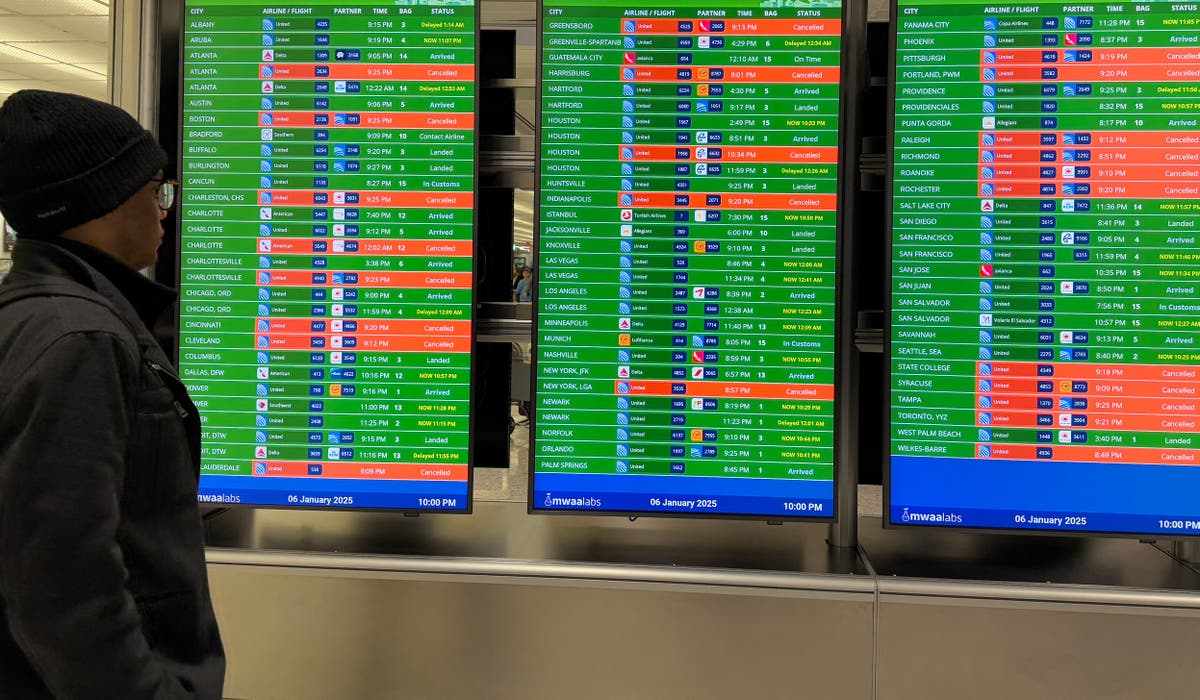Vienna, Austria – Austria is poised to potentially elect its first far-right government since World War II, following a significant parliamentary election victory for the Freedom Party. Leader Herbert Kickl has been tasked by President Alexander Van der Bellen with forming a coalition government. This development raises significant concerns about Austria's future direction and its implications for the EU.
The Freedom Party's strong showing in September's elections, with 28.8% of the vote, marks a notable surge since its previous governmental stint. This surge coincides with rising public discontent over immigration and inflation. However, efforts to form a coalition government without the Freedom Party have previously failed, highlighting the complexities of the political landscape.
The Freedom Party, established in 1956, boasts a complex history. While it has previously held positions within coalition governments, this potential leadership represents a significant turning point. Kickl, the party's leader, is known for his provocative rhetoric, drawing criticism from various segments of society and even past political leaders.
Key challenges to a Kickl-led government include navigating economic difficulties and shaping a coherent response to the rising cost of living. The party's stance against EU mandates and its pro-Russian stance further complicates the situation.
Concerns about the party's past actions and potential implications are significant. Its history, including connections to far-right figures and some controversial statements, has sparked concerns. Past political scandals and pronouncements, like Kickl's past criticism of the president, further fuel the debate.
The potential rise of the far right in Austria comes as European unity faces new strains. While Austria traditionally maintains military neutrality, the bloc's unity in supporting Ukraine is being tested. Recent statements from political figures within the Freedom Party, and those in similar far-right movements, are creating a sense of unease about the direction of the continent's political landscape.
Protests and opposition to Kickl's potential appointment demonstrate the deep divisions within Austrian society. International reactions, including statements from figures such as Viktor Orbán, suggest a wider regional impact of the potential development. The situation underscores the ongoing anxieties regarding the resurgence of far-right ideologies in Europe, particularly in the context of economic challenges and the current geopolitical climate.







